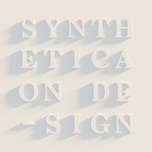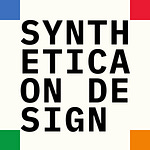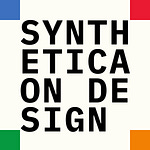This article examines Herbert Simon's "science of design," a problem-solving approach rooted in his Cold War-era research at RAND and influenced by the military-industrial-academic complex. The author critiques Simon's model for neglecting intuition, judgment, and social interaction, contrasting it with alternative design theories emphasizing "wicked problems" and the inherently political nature of design. The article traces the influence and waning impact of Simon's ideas on design research and education, highlighting contemporary criticisms that emphasize the ethical and social dimensions of design, often overlooked in Simon's value-neutral, optimization-focused approach. Finally, it explores the ongoing relevance of Simon's "logic of optimization" within contemporary business contexts, particularly in design thinking's pursuit of efficiency and predictability.
Please note that the podcast covers key points from the source with synthetic voices, which may have glitches. It’s a reflective, not comprehensive, interpretation.
Huppatz, D. (2015). Revisiting Herbert Simon’s “Science of Design.” Design Issues, 31(2), 29–40. https://doi.org/10.1162/DESI_a_00320









